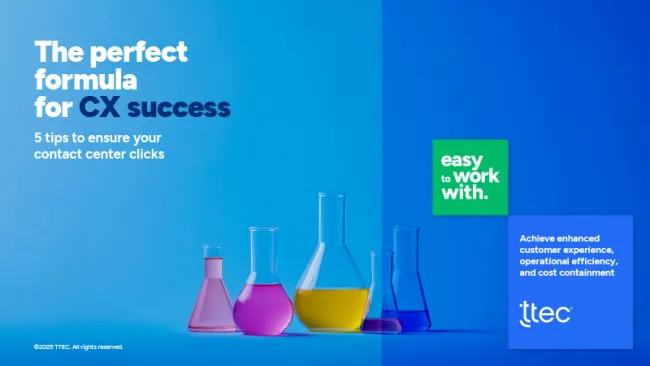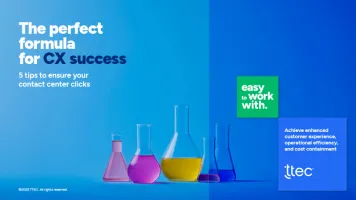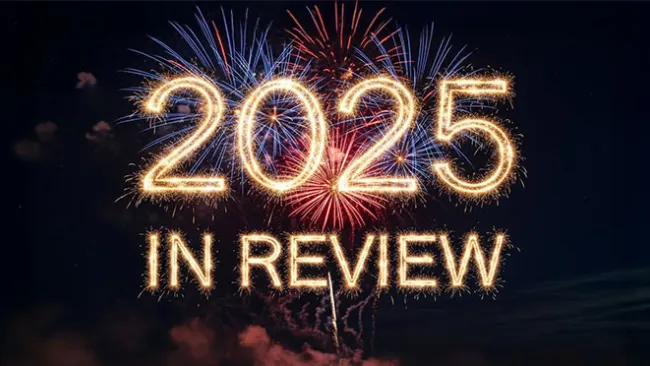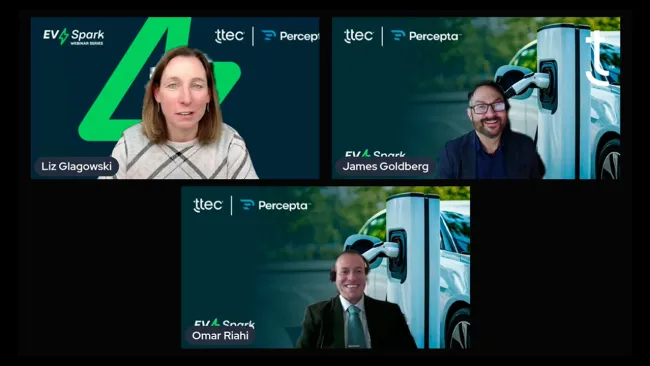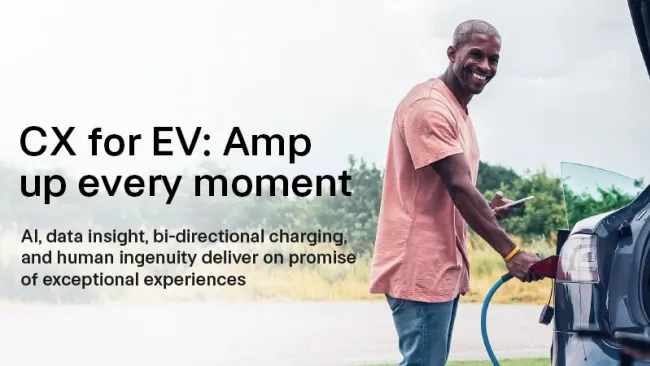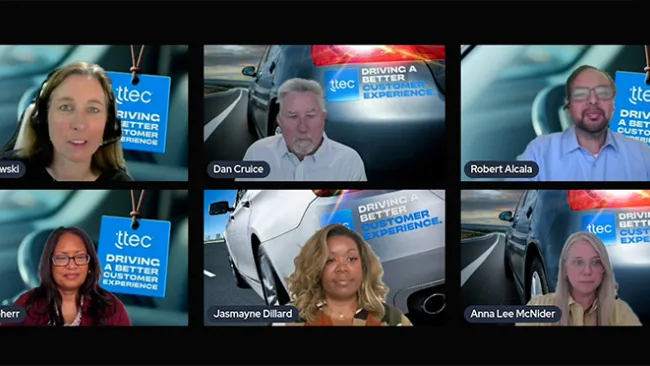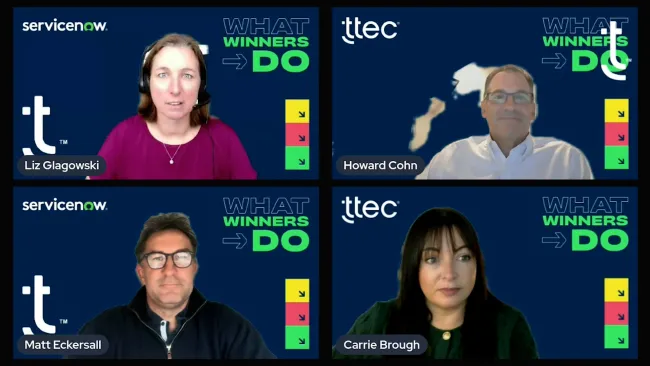The other day I actually sat down to read a print copy of the New York Times. It had been a while, but I must admit that I found the experience relaxing, informative, and I was able to retain what I read much better than if I had scanned my news apps or perused the Internet for news updates.
But technology caught up with me even on the printed page. I read an article about the rise of predictive search tools to create virtual personal assistants. Google Now is one of the most popular, gaining prominence as the brains behind Google Glass. It has also been incorporated into everyday smartphone and tablet search functionality, first on Android last year and now on iPhones through the Google search app.
So what does it do? It aggregates information you provide Google through a variety of sources to proactively help you through your day. Users opt in and sign into their Google accounts to have the tool run constantly in the background of their devices. Google Now knows where you live by tracking location history. It knows that you made a restaurant reservation because the confirmation was sent to your Gmail account. And if you sync your phone to your work email and calendar, it knows when and where your meetings for the day will be. Then it uses this integrated information to your benefit. It populates "cards" on the app with relevant information. If there's heavy traffic, it will alert you to leave your home earlier than normal in order to make your morning meeting, for example.
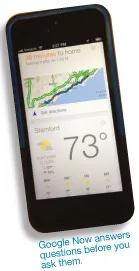
The goal is to make sense of the plethora of meta data being created to ease user experiences in both the offline and online worlds. It answers questions before you think to ask them. It uses technology to be psychic in a valuable, beneficial way, not as some parlor trick.
With this type of technology now available to be predictive and proactive, consumers will begin to expect brands to be psychic. That's why we chose to focus on the concept of psychic brands in this issue of the Customer Strategist journal. Being psychic requires the ability to combine art and science to create a golden ratio of customer engagement, much like how the nautilus shell is the perfect alignment of nature and mathematics.
Will your company be out in front in its ability to act predictively and proactively on behalf of customers, or will you be left behind, with yesterday's news?

